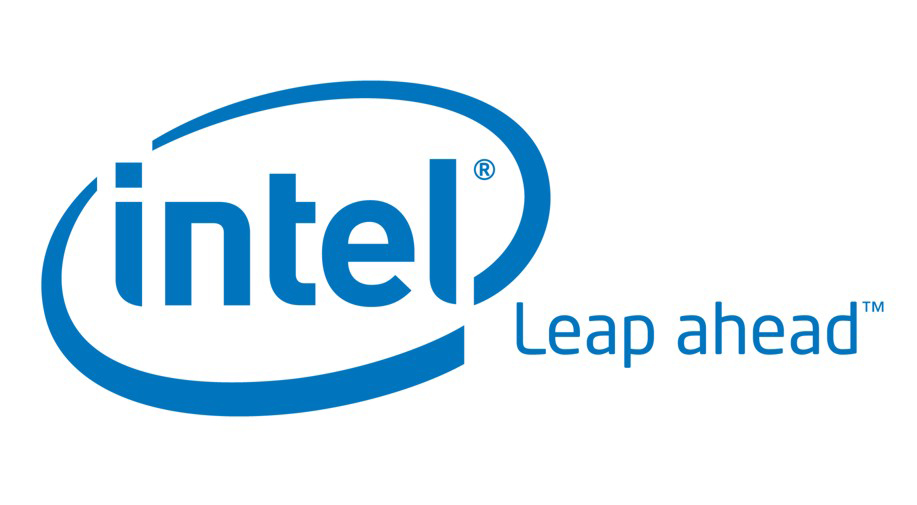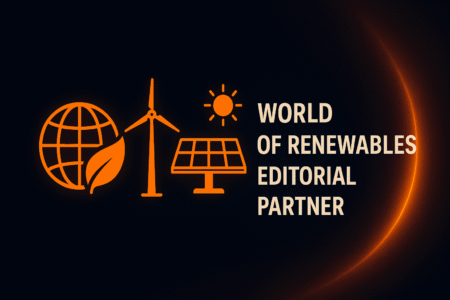Increases Renewable Energy Credit Purchase by Ten Percent
- Intel has contracted new solar electric installations targeted at eight U.S. locations in four states, generating approximately 2.5 megawatts of clean solar energy.
- Intel increased its renewable energy credit purchases by 10 percent – powering more than 51 percent of Intel’s estimated U.S. electricity use – and was again named the largest voluntary purchaser of green power by the EPA.
- These new investments are part of Intel’s already established commitment to energy efficiency and footprint reduction programs, with worldwide savings of more than 650 million kilowatt hours since conservation program inception in 2001.
SANTA CLARA, Calif., Jan. 25, 2010 – Building on its existing portfolio of renewable energy site installations, Intel Corporation today reported that new contracts are in place to incorporate approximately 2.5 megawatts worth of new solar power projects at eight U.S. locations in Arizona, California, New Mexico and Oregon. In addition, Intel announced it has renewed and increased by 10 percent its purchase commitments for renewable energy credits (REC) to more than 1.43 billion kilowatt hours — more than 51 percent of its estimated 2010 U.S. electricity use.
These commitments reflect Intel’s continued focus on energy efficiency and conservation programs that will help achieve its 2012 goals related to water use, global-warming emissions, energy consumption, waste reduction and product energy efficiency. They also represent Intel’s long-standing goal of inspiring more demand for and cost-effective supply of solar and other renewable energies.
“Intel is committed to renewable energy to reduce our own carbon footprint as well as to spur the market and make renewables more economically feasible for individuals and businesses to deploy,” said Brian Krzanich, vice president and general manager of Manufacturing and Supply Chain for Intel. “These announcements represent our broader commitment which includes diversifying our energy portfolio through solar and other clean energy investments, and this will continue to be a priority for us around the globe.”
Intel’s new solar installations are planned to be completed over the next 7 months. Each project would currently rank as one of the 10 largest solar installations in its respective region if activated today. For example, the panels planned for Intel’s Chandler and Ocotillo campuses in Arizona would each currently be the fifth largest in SRP service territory or the second largest when combined, according to the utility company. All of the solar panels will be installed on the roofs of Intel’s facilities, with the major exception of the largest installation, an approximately 1-megawatt solar field in Folsom, Calif. The Folsom installation will span nearly six acres of land on campus, which would make it one of the largest non-utility ground-mounts in California at the time of this release. All of the installations will use the power generated at their respective site, making them an efficient source of electricity with savings on grid delivery losses.
RECs are the “currency” of renewable energy markets, and Intel’s latest REC purchases equate to approximately 51 percent of Intel’s estimated purchased electricity needs in the United States for 2010. This corresponds to the carbon dioxide emissions from the electricity use of nearly 134,000 average American homes or nearly 200,000 passenger cars removed from the streets for 1 year.1 As a result of Intel’s continued commitment to purchase RECs, the Environmental Protection Agency (EPA) again placed Intel at the top of its latest Green Power Partner List for 2010 as the largest voluntary, single purchaser of green power. Intel was previously honored with the EPA’s Green Power Partner of the Year Award.
Intel’s new solar installations and its reaffirmed commitment to purchasing RECs reflect just the latest in Intel’s energy portfolio, which includes wind, solar, geo-thermal, small hydro-electric and biomass sources. Since 2001, Intel has invested more than $30 million and saved more than 650 million kilowatt hours from energy conservation and efficiency initiatives.2 Other highlights include:
Investments: Intel reaffirms its dedication to clean technology innovation and development.
- In July 2009, Intel Capital, Intel’s global investment organization, announced five cleantech investments totaling more than $10 million.
- In total, Intel Capital has invested more than $125 million in more than a dozen cleantech companies that span four continents; four in solar photovoltaics, further demonstrating Intel’s commitment to accelerating innovation in this space.
Installations: Intel continues to look for opportunities across its dispersed locations.
- Intel’s Bangalore, India site hosted the company’s first solar thermal installation: solar water heaters, which now supply nearly 100 percent of the total hot water requirements for two campuses, saving 70,000 kilowatts per year.
- Intel Oregon energized the company’s first solar electric system on the roof of its Jones Farm site in early 2009.
- Later this year, Intel’s Haifa, Israel (IDC 9) site will open Intel’s first Leadership in Energy and Environmental Design (LEED)-registered building.3
Employee Engagement: Employee engagement in sustainability is paramount at Intel with a portion of each employee’s variable compensation tied to company performance against environmental metrics, which include reducing Intel’s absolute carbon footprint growth.
- As a key element of Intel’s new solar installations, awareness kiosks will be set up in each site lobby to educate and engage employees in the company’s energy efforts.
Intel’s REC purchase will be handled by Sterling Planet, a national supplier of renewable energy, energy efficiency and low-carbon solutions. All purchases will be certified by the non-profit Center for Resource Solutions’ Green-e® program, which certifies and verifies green power products.
Source: Intel










